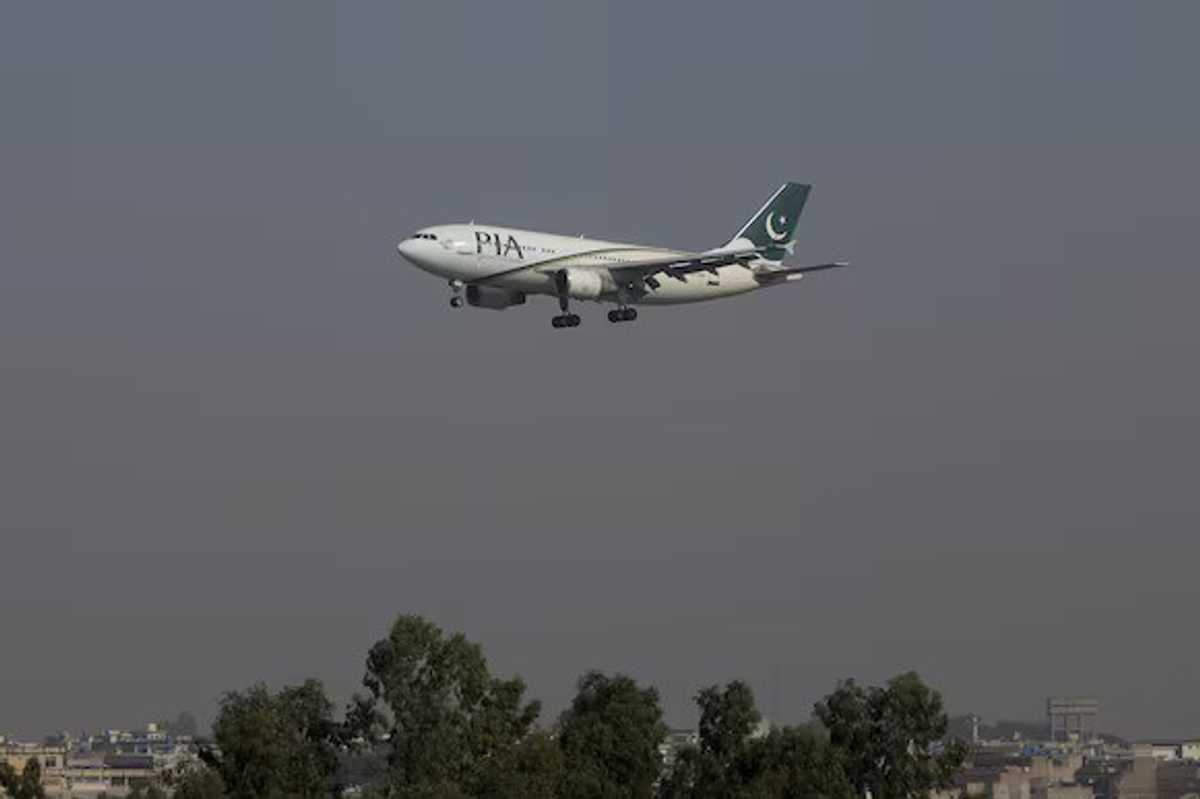Pakistan advances PIA privatization as bidders enter final stages
PIAC name, identity and distinctive green-and-white tail will remain intact
Business Desk
The Business Desk tracks economic trends, market movements, and business developments, offering analysis of both local and global financial news.

Prime Minister Shehbaz Sharif on Thursday ordered an accelerated and transparent privatization of Pakistan International Airlines (PIA), while stressing that the carrier’s heritage must be protected throughout the process.
Chairing a high-level meeting at the Prime Minister’s House, Sharif directed officials to push forward “without delay,” instructing them to map out a clear plan to expand the number of airworthy aircraft and improve the airline’s on-time performance. The government is moving ahead with the sale of a 75% stake in PIA, but its name, identity and distinctive green-and-white tail will remain intact — a symbolic nod to the airline’s status as a national icon.
Officials briefed the prime minister that four bidders have been pre-qualified for the next phase of the sale:
- A consortium led by Lucky Cement, Hub Power Holdings, Kohat Cement and Metro Ventures
- A group headed by Arif Habib Corporation, alongside Fatima Fertilizer, The City School and Lake City Holdings
- Fauji Fertilizer Company, a military-backed entity
- Airblue, a domestic airline
All four will proceed to the buy-side due diligence stage, with final bids expected in the coming weeks.
According to a business plan presented at the meeting, PIA aims to nearly double its fleet of operational aircraft from 18 to 38 by 2029. The airline currently serves more than 30 cities and intends to expand to over 40 by the end of the decade.
Sharif was accompanied by senior cabinet members, including Defence Minister Khawaja Asif, Law Minister Azam Nazeer Tarar, Economic Affairs Minister Ahad Khan Cheema, Finance Minister Muhammad Aurangzeb, and Muhammad Ali, the prime minister’s adviser on privatization.
Once celebrated as a symbol of Pakistan’s global reach, PIA has struggled for years with mounting debt, operational inefficiencies and a diminishing fleet. While the airline reported its first annual profit in more than two decades in 2024, much of that improvement stemmed from accounting adjustments rather than core operations. Further gains in early 2025 suggest progress, but long-term stability will hinge on structural reforms, cost controls and the success of the privatization drive.







Comments
See what people are discussing